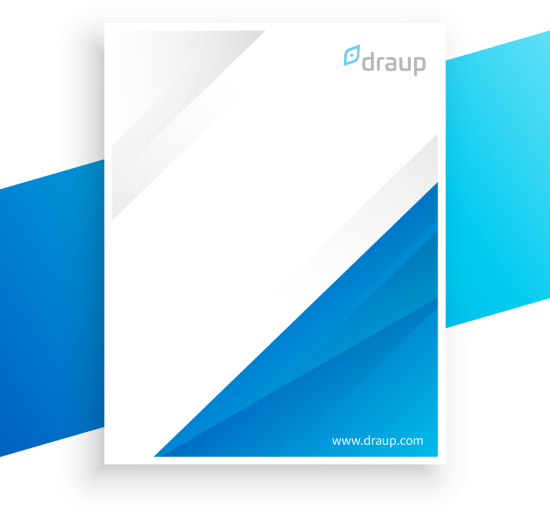As any seasoned sales veteran can attest to, the ubiquitousness of data has changed the face of sales prospecting.
Today‘s sales teams are armed with gigabytes of data on everything from what their client had done in the past to what they are doing now and even what they‘re going to do next.
But the road to this level of “sales intelligence“ – as enterprises term it – has not been easy despite being a very straightforward one.
In this article, we will explore the role of data in revolutionizing the sales pipeline.
Data – It‘s far valuable than oil
Imagine a world where data could predict an outcome before you even actively thought to produce that outcome. As hard as it might be to believe this, it‘s already happening all around us.
The pop-up forms that seem to be on every website you visit are a vain attempt at gathering this all-powerful data.
But sales intelligence goes far beyond the data the customer inputs into a form.
In other words, it‘s extracting information and building a customer persona based upon the trackable breadcrumbs that a person leaves online. But more importantly, it’s also about deducing your prospects’ needs from what they don’t reveal.
Of course, all of this ‘tracking‘ and ‘parsing‘ is all well above board and GDPR compliant.
Today, data-driven sales processes help sales teams make informed decisions when it comes to leads prospecting, people management, churn reduction, and even pricing.
Let us now see a few of these examples in action.
The role of data in leads prospecting
Without a doubt, one of the biggest pain points of modern sales teams is that they do not have sufficient data on their target company.
They might have data related to what the company does broadly, but without an insight into their pain points, it can be hard to pitch them a specific solution.
To be concise, the term we‘re looking for is ‘digital/business intention‘ of the target.
Obtaining this data is challenging since no company reveals this information publicly. But by gathering data from a wide range of sources, like what technologies they are investing in, what talent they‘re hiring for, and where they‘re planning to set up new centers, we can safely deduce what these intentions are.
Of course, this deduction is far too complicated for a human analyst to do.
This is why modern sales intelligence tools leverage AI & ML to extract these insights.
Using data to gain account & stakeholder intelligence
What exactly is account intelligence?
Among sales teams, account intelligence holds a special place. It is a detailed report about a particular company or an industry that dives deep into all the current, emerging and potentially impactful use cases.
Sales teams use this data to craft hyper-targeted proposals and win sales deals.
These reports can shine a light on problems & opportunities that sales teams were not even aware of. Here are two whitepapers that have been derived from these reports: Low Code Platforms – Opportunities for Service Providers & Gaming Industry Analysis
Now, what is stakeholder intelligence?
Having the perfect sales pitch will get you far but not quite to the finish line. Each decision-maker will have their own set of metrics and processes to evaluate a potential deal.
So, sales teams need to be aware of and prepare to meet these metrics before presenting their proposal.
For example, Draup for Sales‘ Rolodex features extensive information about decision–makers in an organization. This includes data on metrics such as their Deal Size Influence, Budget Control, Personality Inference, Skills Map, and even data about their patents (if any) and any mention of them in the recent news.
All this data is instrumental when it comes to crafting custom sales solutions for your prospects.
Draup‘s AI Sales Intelligence tools leverage data from over 4000 sources to bring insights about 280K+ global companies and 7000+ digital trends and platforms. Sales teams now have access to a cloud-based solution to approach niche ventures with custom proposals and win huge deals.
 Back
Back






